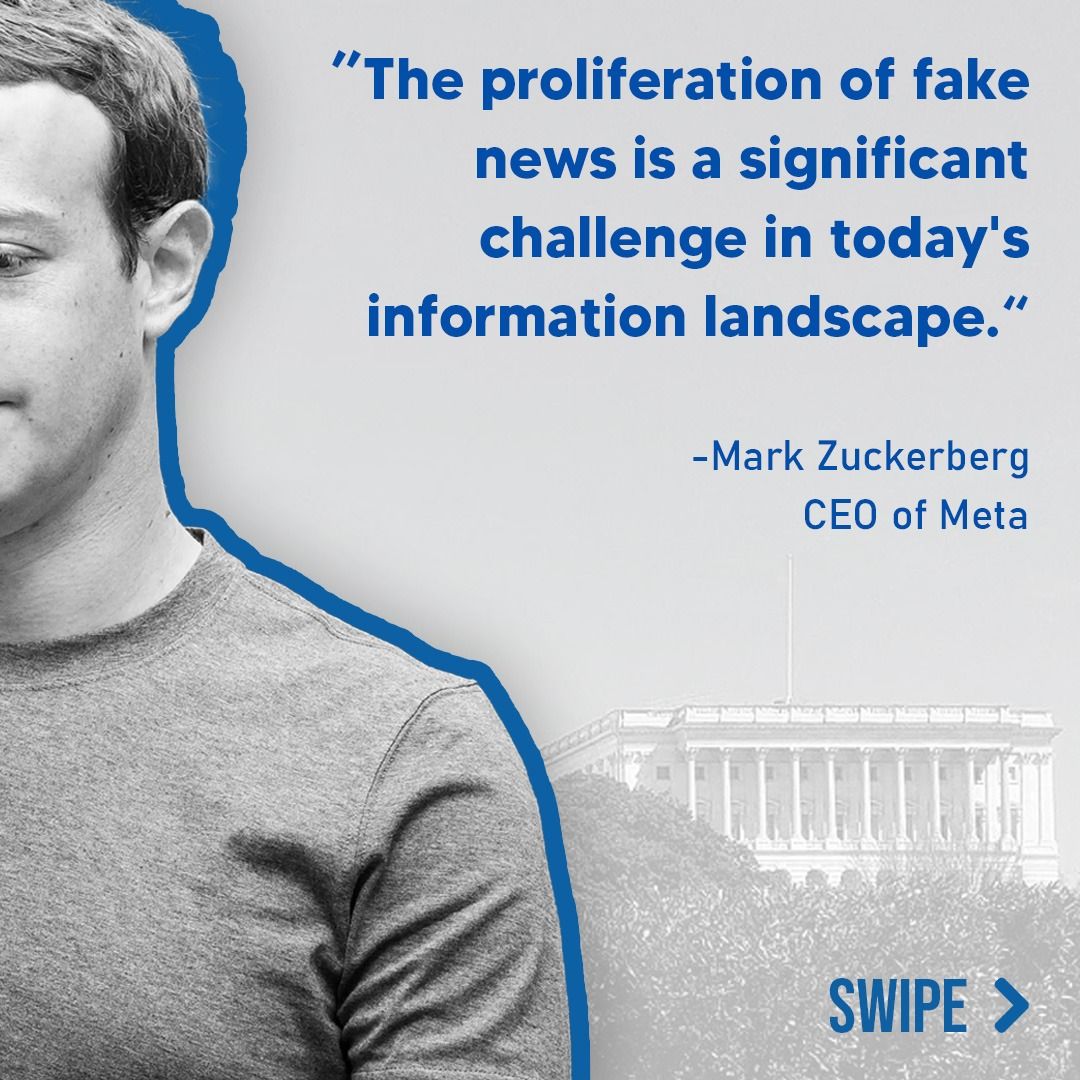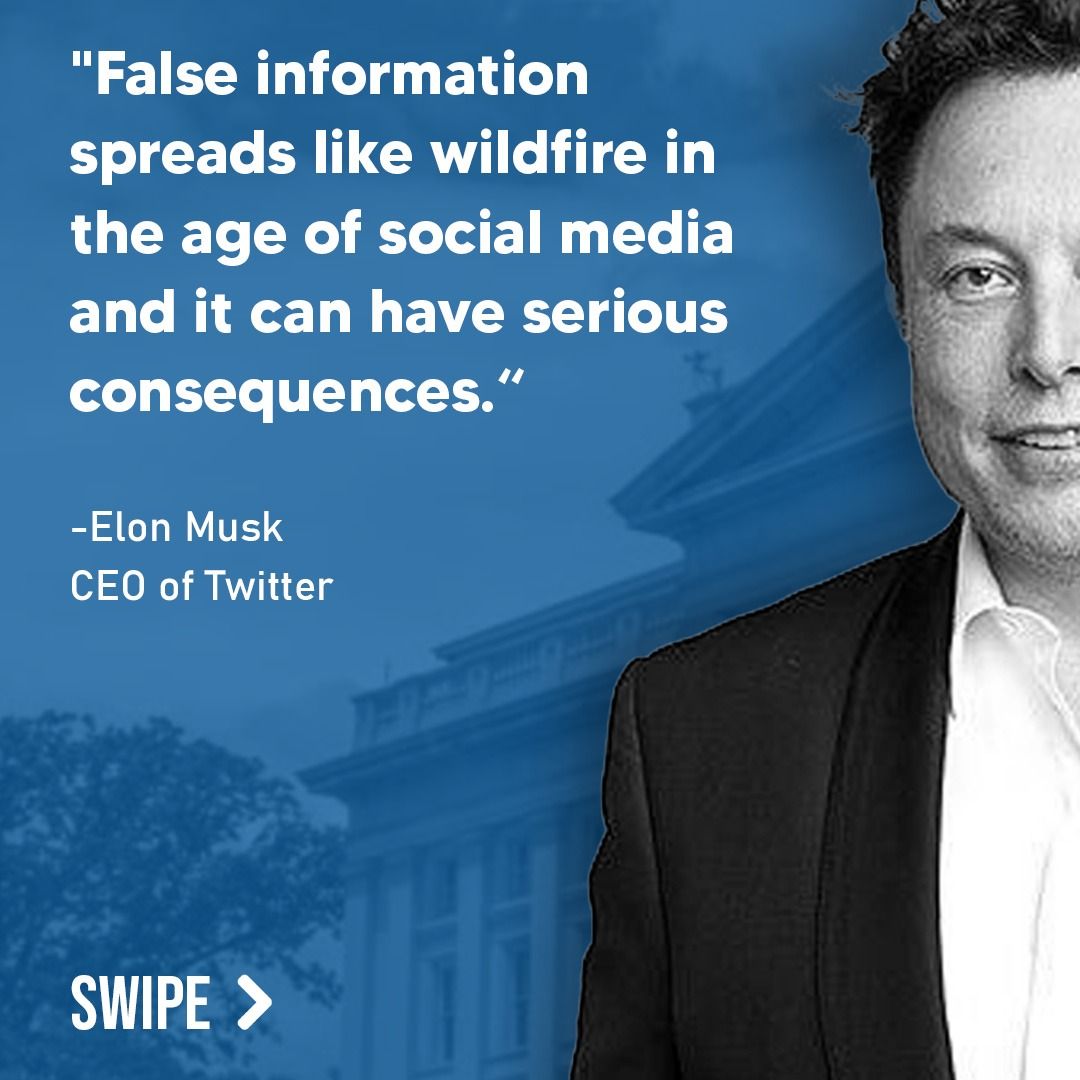
Introduction
Health and Human Services Secretary Robert F. Kennedy Jr.’s decision to fire all 17 members of the CDC’s Advisory Committee on Immunization Practices (ACIP) raised widespread concern across the public health community. The CNBC article received significant attention for suggesting that this move threatens public trust in vaccines and could endanger national health outcomes. This fact-check investigates the accuracy of those claims, especially with regard to whether politicizing vaccine decision-making could result in lower immunization rates and increased exposure to preventable diseases.

Historical Context
The Advisory Committee on Immunization Practices (ACIP) has been a central pillar of America’s vaccine decision-making since 1964. This CDC-associated panel evaluates scientific data to guide immunization schedules and public policy. Its recommendations significantly shape insurance coverage, school vaccine requirements, and pandemic responses. Over decades, the panel has been praised for maintaining scientific integrity and transparency. However, RFK Jr.—long known for skeptical views on vaccines—has questioned the objectivity of the committee, citing perceived conflicts of interest. His dismissal of the current ACIP members marks a significant departure from precedent.
Fact-Check Specific Claims
Claim #1: Kennedy fired all ACIP members to “restore public confidence” in vaccines
This claim is accurate but requires context. Kennedy did state in his Wall Street Journal op-ed that the ACIP had become “a rubber stamp” for vaccines and was “plagued with persistent conflicts of interest.” He insisted that replacing the panel is essential for rebuilding public confidence. However, numerous experts dispute this justification. The Infectious Diseases Society of America and other public health leaders argue that ACIP members already follow stringent disclosure rules and must recuse themselves over conflicts. The Government Accountability Office has not identified systemic integrity concerns with ACIP in over a decade.
Reliable Source:
https://www.washingtonpost.com/health/2025/06/10/rfk-cdc-vaccine-panel-acip/
Claim #2: The firings will likely politicize future vaccine decisions, possibly reducing immunization rates
This is a credible concern supported by trends. Experts like Dr. Lawrence Gostin of Georgetown University and Dr. Neil Maniar of Northeastern University warn that appointing ideologically aligned individuals risks undermining scientific consensus. Studies confirm that confidence in immunizations drops when vaccine guidance is perceived as politicized. For instance, influenza and COVID-19 vaccine uptake dropped during periods of conflicting political messaging during the pandemic. While future appointees are yet to be confirmed, the risk of shaping the panel toward vaccine-skeptical narratives is plausible given Kennedy’s prior rhetoric.
Reliable Source:
https://jamanetwork.com/journals/jama/fullarticle/2782760

Claim #3: ACIP is plagued with “persistent conflicts of interest”
This claim is misleading. While it is true that past scrutiny has occurred, particularly in the early 2000s, ACIP has since adopted enhanced conflict-of-interest reforms. These include public financial disclosures, voting recusals, and an independent ethics review process. No major investigations have substantiated Kennedy’s current allegations. Health law experts characterize his rationale as unsubstantiated and potentially political. Therefore, the assertion of “persistent” conflicts lacks evidence as of 2025.
Reliable Source:
https://www.cdc.gov/vaccines/acip/recs/grade/about-grade.html

Claim #4: The firing contradicts Kennedy’s Senate confirmation vows
This claim is true. In his confirmation hearings before the Senate Health, Education, Labor and Pensions Committee, RFK Jr. assured Sen. Bill Cassidy that he would not alter the ACIP. His abrupt dismissal of all 17 panel members directly contradicts those assurances. Cassidy, who initially supported Kennedy’s nomination, expressed public disappointment, stating concern that ACIP could be politicized by appointees with “only suspicion” of vaccines.
Reliable Source:
https://www.rollcall.com/2025/06/10/cassidy-blasts-kennedy-over-vaccine-panel-flip/

Conclusion
The CNBC article highlights serious public health implications stemming from RFK Jr.’s decision to remove the full ACIP panel. After thorough fact-checking, we confirm that multiple core claims in the article are accurate and supported by expert consensus. While the article expresses concern and speculation about future appointments, such warnings are grounded in historical precedent, Kennedy’s past rhetoric, and his documented deviation from confirmation hearing promises. Claims of systemic conflicts of interest at ACIP are misleading; no such persistent issues have been independently verified. Overall, this article is largely accurate but conveys a justifiable tone of alarm rooted in established facts.

Let’s Hold Media & Leaders Accountable Together
Download the DBUNK app to verify news in one tap. Follow us on social media and submit your own fact-check requests anytime—for free. Together, we can fight misinformation with facts and clarity.

